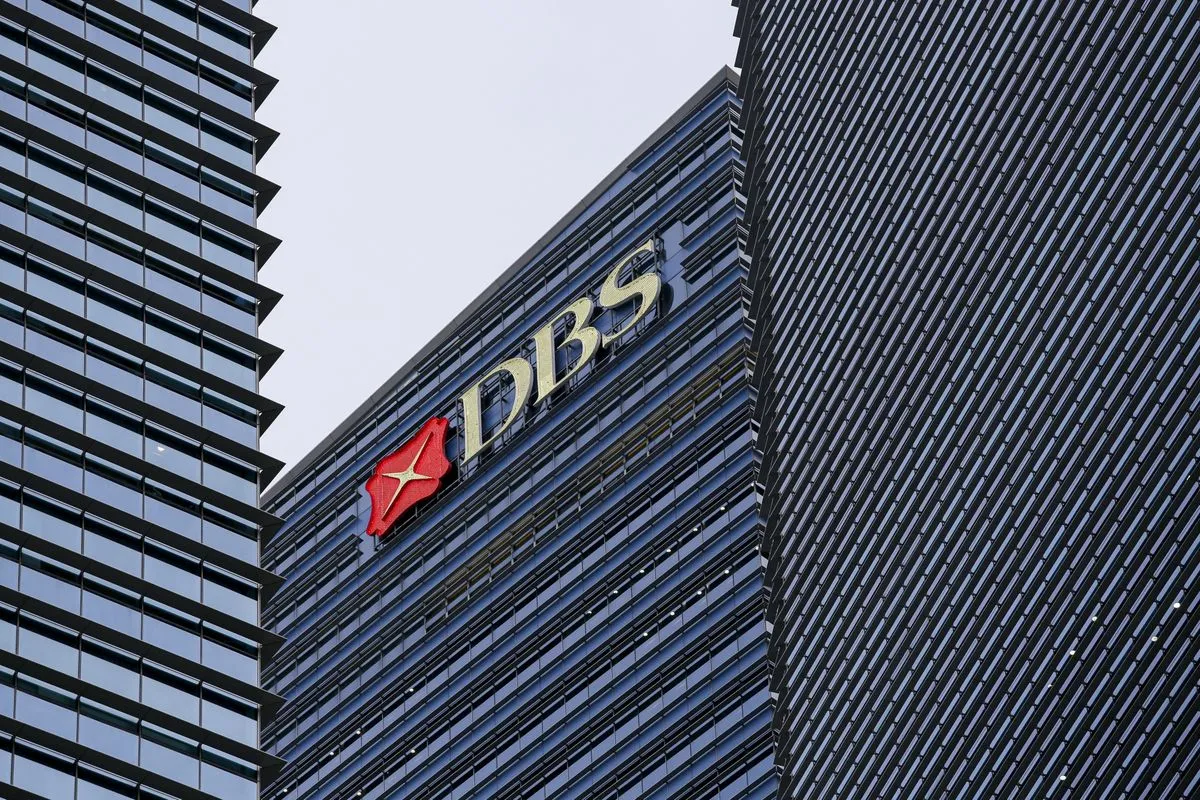In emerging markets, banks are not immune to the turmoil that swept over their western counterparts, but in many ways, they are doing better than their Western counterparts in terms of dealing with the turmoil.
Even since March 8, when news of Silicon Valley Bank's collapse triggered market calamity, shares of Singapore's biggest bank, DBS Group Holdings, (ticker: D05.Singapore) have held up, the largest bank in Singapore. The top private financier in Brazil, Itau Unibanco Holdings (ITUB), has lost 5%, while HDFC Bank (HDB ), one of the most popular Indian investors’ banks, has fallen by 8%. In contrast, the largest bank in the European Union, BNP Paribas (BNP.France), has experienced a 10% decline, while Bank of America (BAC) has experienced a 14% decline.
This outperformance, to some degree, may be explained by distance from the crisis epicenter, but not entirely. Emerging market financial sectors, in general, have been strengthened, regulated more tightly, and have been more careful in matching assets to liabilities than their counterparts in the United States and Europe as a result of past shocks and endemic volatility.
The number of unbanked individuals in emerging markets means that they have more growth potential. According to Richard Schmidt, global equity portfolio manager at Harding Loevner, emerging market banks are more attractive than developed market banks. In order to grow, they must go the old-fashioned way: lending to individuals. They have learned the lesson of maturity mismatches, so now they can go back to the old-fashioned way.
Itau or Mexico’s Grupo Financiero Banorte (GFNORTEO.Mexico) are Latin American houses like Itau or SVB that are able to withstand interest rate hikes like those that famously eroded SVB’s bond assets. In the past two years, the central bank in Brazil has tightened interest rates by 12 percentage points, while Mexico has tightened its rates by 7.
Banoralte, for instance, has about 60% of its loan book based on credits that adjust every 30 days, while fixed-rate loans have a term of about five years, Schmidt notes. As a result, the banks avoid SVB's fate with "more floating-rate assets" and "shorter-term loans.".
Compared to U.S. banking systems, emerging market banking systems are compact, with all 34 licensing banks serving India's 1.4 billion people. There are more than 4,000 banks in the U.S., while in Brazil the top five banks hold more than 80% of all of the nation's assets.
Conrad Saldanha, a senior emerging market portfolio manager at Neuberger Berman, states that consolidation yields two advantages when times get tough. Publicly listed banks all have large retail depositor bases, and regulators can keep a keen eye on them more effectively. These banks are less fickle than tech bros who panicked at SVB.
A board appointment in India is approved by the central bank, for example. As Samy Muaddi, the portfolio manager for emerging market bonds at T. Rowe Price echoes, "emerging market banks have enjoyed a relatively conservative regulatory style for several years now." Capital adequacy has been in a good position for the past five or ten years.
China, the largest emerging market, has the unique ability to attract investors, not only because of its state-owned banks, which are able to insulate themselves from the whirlwind of global financial markets but also because it doesn't appear to have a private sector.
Muaddi believes the perception of emerging markets will turn against them if there are more financial dominoes falling in the West in the coming years. "The emerging markets will underperform if this series of events deteriorate into more serious trouble," he predicts.
Itau is a Brazilian bank controlled by Itau and its Brazilian rival Banco Bradesco (BBD) is a subsidiary of Harding Loevner, and Bank Central Asia BBCA+3.82% (BBCA.Indonesia) is a subsidiary of Harding Loevner in Indonesia and has brand recognition with that brand.
According to Saldanha, Neuberger Berman is considering investing in conservative banks with broad deposit bases in the current market conditions. “We will look at opportunities in conservative banks with a broad deposit base,” Saldanha says. Candidates include Itau, HDFC, and ICICI Bank (IBN), which competes with the former in the Indian market.
Developing markets as a safe haven from the financial woes of developed markets? That isn't as absurd as it may seem.

Subscribe to our newsletter!
As a leading independent research provider, TradeAlgo keeps you connected from anywhere.








